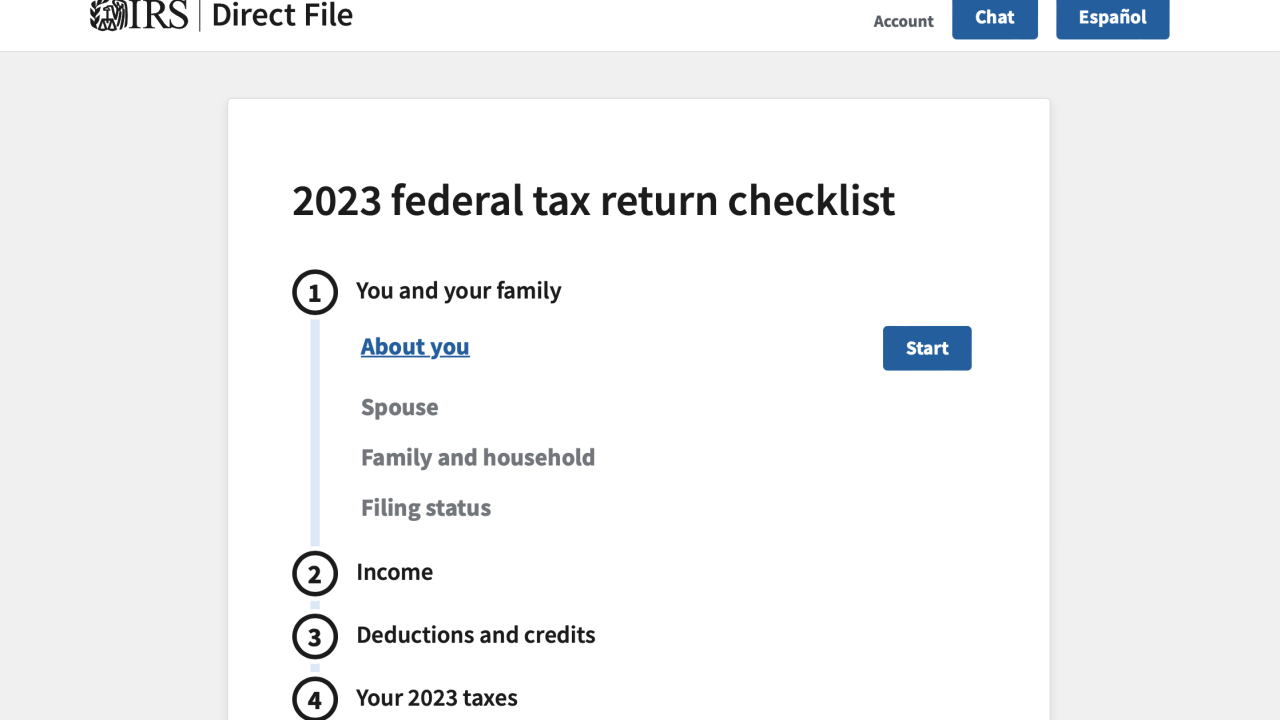This edition of Generational Viewpoints features two professionals from Casey Peterson, a 72-person firm with locations in South Dakota and Wyoming. We asked Generation X client manager Lori Larson, born in 1979, and millennial industry leader Kayla Giesey, born in the 1990s, to share their perspectives on the following question:
“What do you consider to be the most important attributes of a great people developer?”
Larson’s Gen X viewpoint

Early on in my career with Casey Peterson, I was driving home from work in a rainstorm after a long day during tax season. My commute is along a busy highway that climbs and descends several hills. As I carefully made my way home, I noticed that someone’s car had broken down at the base of one of the hills. The driver had managed to safely get their car off to the side of the highway. Right behind them was another driver who had stopped to help.
That driver was the founder of my firm. And that was when I knew I was working at the right place. If the guy whose name was on the building could be counted on to stop to help someone in trouble in the pouring rain after a long day during our busiest time of year, that was a firm I wanted to be a part of.
This whole story illustrates the adage, “Lead by example.” To me, that’s a huge part of being a great people developer. It’s not enough to talk about your firm’s values or growth or how to treat clients. You should also inject kindness into every interaction. It’s the right thing to do, and you never know who might be watching.
Being a good people developer also means having the passion and desire to see others succeed. That drive doesn’t mean that you’re constantly telling or showing someone the steps to success. Sometimes, it just means you take the time to hear them out. Too often, we listen to respond, instead of listening to understand. But when you’re trying to help a team member develop in their career — and to show that you care about them as a human being — it’s vital to understand where they’re coming from.
One of the shareholders at my firm really personifies this approach. If I come to her with a problem or a frustration, she always listens without judgment and expresses empathy. But it doesn’t stop there. She doesn’t simply tell me what I want to hear. She’ll provide her perspective in a respectful manner and then will ask, “What can I do to help?” or “How can we solve this together?” This allows me to voice my concerns and feel supported while also giving me the space to consider solutions and potential opportunities. I leave those discussions knowing I’ve been heard and that I don’t have to solve everything on my own.
“Dilbert” cartoonist Scott Adams said, “There’s no such thing as a small act of kindness. Every act creates a ripple with no logical end.” Leading by example with kindness and being a good listener — while also providing solutions and opportunities — exemplify in my career what it means to be a great people developer. Imagine what the effect of one ripple could be!
Giesey’s millennial viewpoint

In my career, one piece of advice that has been the most impactful is to be comfortable not knowing everything. The actual sentiment is, “Be OK with sometimes feeling stupid.” The advice wasn’t intended to insult my intellect. Rather, it was the acknowledgment that at some point in their career, especially early on, everyone runs into situations where they don’t have the answers.
When it comes to people development, great leaders promote a culture where staff members are relieved of the pressure to know everything from the start. In our industry, an environment that embraces a growth mindset is necessary. With ever-changing standards, rules and laws, it’s easy to feel overwhelmed just keeping up. Beyond understanding that they are not required to have all of the answers, all of the time, it’s equally important that your team members feel comfortable coming to you when they have questions.
One of my early mentors exemplified the practice of embracing questions from less-experienced staff members. When I did come to her, she would avoid giving me the exact answer but instead would guide me in finding the solution. As a result, I became self-sufficient and confident in myself and my abilities. My mentor also created an environment where it was OK to make a mistake and learn from it. Knowing this was a relief because I didn’t fear facing harsh consequences when attempting something new, which further developed my confidence.
Another valuable people development attribute is flexibility. These days, the line between our work and home lives is thin and sometimes blurry. Good leaders exhibit balance and boundaries in their own lives so their team members don’t feel that they have to burn themselves out just to keep up. Reinforcing the value of balance and boundaries lets people know it’s accepted — even encouraged — to take time to recharge. Flexibility also enables staff to manage their own work. Being micromanaged may cause staff to feel that their leader lacks trust in their abilities or judgment. This perceived lack of trust has the potential to prevent the development of an open and transparent working relationship.
Leaders can easily fall into the trap of hovering over employees to make sure they are completing work correctly. Great people developers look for ways to build up their peoples’ confidence and avoid eroding it.
Ultimately, the best people developers lead by example and build trust with team members. In turn, staff feel comfortable seeking guidance from their leaders, testing new skills, and creating balance in their lives.
This column is facilitated and edited by Sarah Land, the millennial program coordinator, and Jennifer Wilson, the baby boomer co-founder and partner, of





